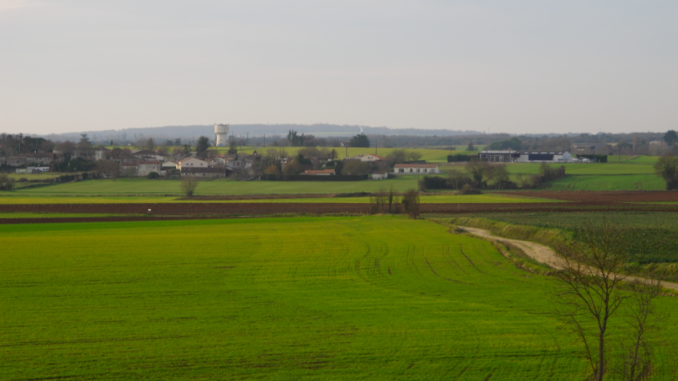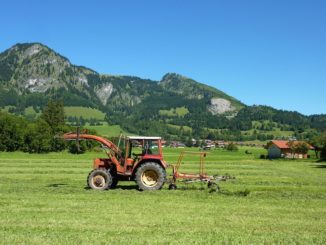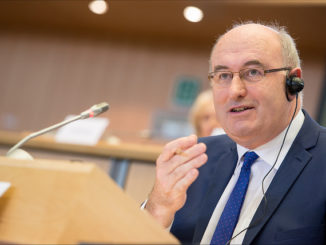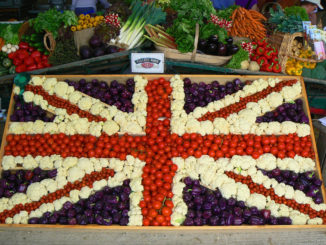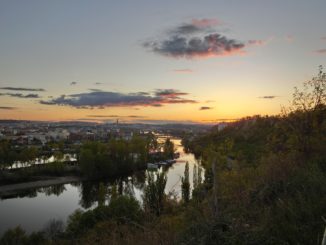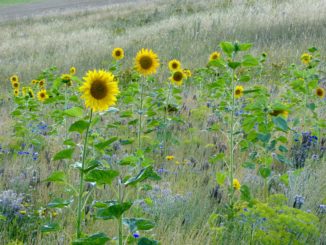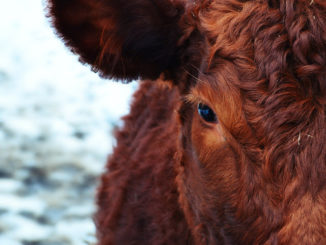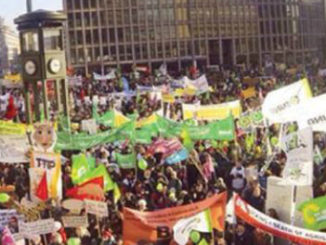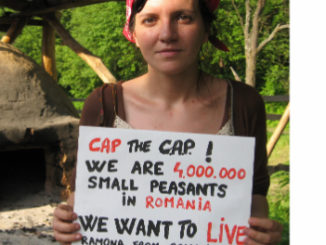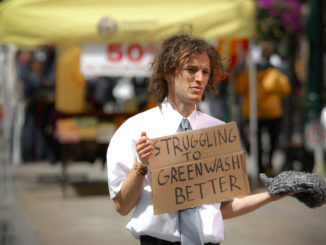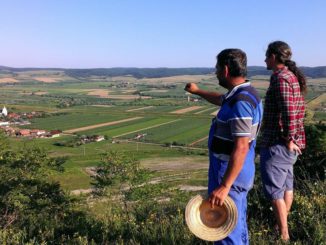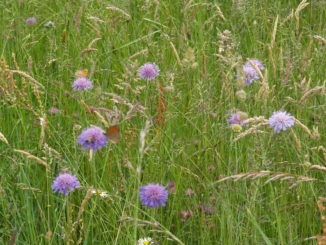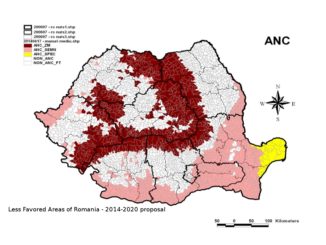What would people–centred food governance look like? This is the crucial question to be addressed in Edinburgh, Scotland 22-23rd October. BOOK NOW Nourish Scotland, in cooperation with ARC2020, will host “Towards a Citizens’ Agricultural Policy” an event which will gather citizens, farmers, civil society, and representatives from regions and cities to rethink the governance of food and farming policies in Europe and Scotland. According to Nourish Scotland “our food system is failing to support a healthy, well-nourished population, while driving dangerous climate change and destroying natural capital. The Common Agricultural Policy is a colossal public policy intervention, using 39% of the EU budget and shaping the farming policies of Member States. It could drive improvement in public health, rural economies, and sustainable food and farming; but it doesn’t. And it won’t until our food system is governed democratically for the common good.” Confirmed speakers Alyn Smith is a Scottish Member of the European Parliament & Member of the Committee on Agriculture and Rural Development. David Barnes is Chief Agricultural Officer for Scotland. Nora McKeon is […]
